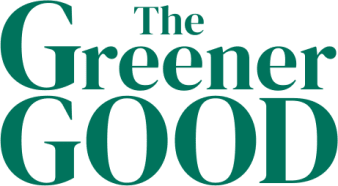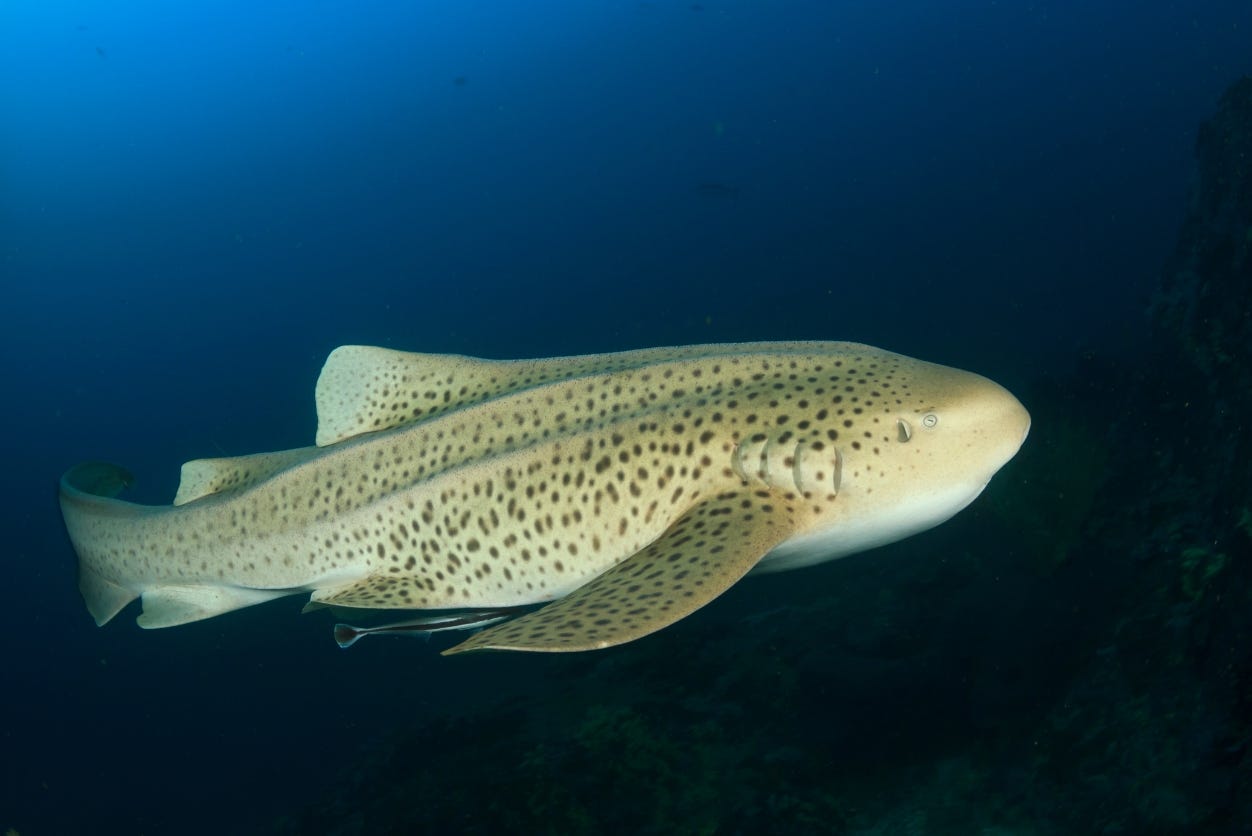Good News #27
Reintroducing sharks in Thailand, saving sea turtles in Nigeria, beavers returning to Portugal, energy independence in Moldova, and animal welfare labels in Switzerland
Happy Friday! Here’s your weekly roundup of environmental good news stories curated from around the world.
Thailand reintroducing sharks to restore coral reefs
Conservationists in Thailand are reintroducing sharks to restore coral reef ecosystems. As apex predators, sharks help keep reefs healthy by controlling populations of smaller species that can over-graze coral.
The nonprofit Oceans for All breeds near-threatened Bamboo Sharks and endangered Leopard Sharks at resort-based nurseries, where they are cared for until release. In Phuket, the StAR Project by ReShark breeds Leopard Sharks at Aquaria Phuket, transfers pups to a sea-pen at Maiton Resort, and then releases them into the wild. By partnering with resorts, these projects engage tourists and local communities, raising awareness about ocean conservation and the ecological value of sharks.
Sea turtles rescued and released in Nigeria
In Lagos, Nigeria, three endangered sea turtles were recently released into the ocean. The nonprofit Greenfingers Wildlife Conservation Initiative rescued the turtles from fisherman’s nets several weeks ago and rehabilitated them before setting them free. The group also incentivises fishermen to rescue turtles by providing fishing gear when they report turtle captures or nesting sites. Local students joined conservationists on the beach to celebrate the turtles’ release.
Beavers have returned to Portugal
After over 500 years, the Eurasian beaver has returned to Portugal. Rewilding Portugal confirmed the beaver’s presence in the Greater Côa Valley through signs such as gnaw marks on trees and structures that manipulate waterways. This natural recolonization follows successful reintroduction programs in neighbouring Spain, highlighting the importance of healthy habitats and wildlife corridors in restoring biodiversity. Beavers, known as ecosystem engineers, create wetlands, slow river flow, reduce erosion, and improve water quality.
Moldova is transforming its energy landscape
Not long ago, the country of Moldova was entirely reliant on Russia for gas and electricity — but since the war with Ukraine, prices have skyrocketed. Moldova turned this energy crisis into an opportunity by investing in citizen-owned renewable power. In towns like Volintiri, communities are installing solar panels, switching to biomass heating, and improving energy efficiency to reduce dependence on imported gas. Supported by new national policies and international aid, these local initiatives are helping Moldova transition from fossil fuel reliance to clean energy — building both environmental and economic stability.
Switzerland is mandating animal welfare labels on food
The Swiss government’s new food label law, which took effect on July 1, 2025, mandates that meat, eggs, dairy, and speciality products (such as foie gras and frog-legs) carry clear warning labels if they originate from animals subjected to painful procedures (like castration, dehorning, tail-docking or force-feeding) without pain relief. The transparency rule applies to both domestic and imported products, covering retailers, restaurants and the supply chain, and comes with a two-year transition period for businesses to adapt to the new self-monitoring requirements. Proponents say this empowers consumers to make more informed choices based on animal welfare considerations.



